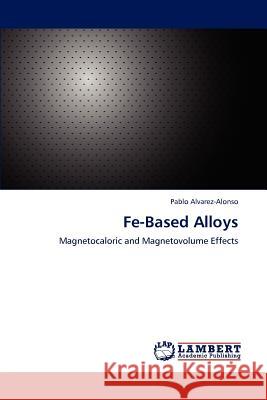Fe-Based Alloys » książka
Fe-Based Alloys
ISBN-13: 9783847318989 / Angielski / Miękka / 2011 / 192 str.
Fe-based compounds exhibit a rich diversity of magnetic phenomena, such as magnetovolume and magnetocaloric effects, which makes them very promising for basic studies as well as for a large number of applications. The magnetocaloric effect is the key for magnetic refrigeration, which could replace conventional gas compression technology. Magnetocaloric materials must display large temperature variations under an adiabatic magnetic field change and a large isothermal entropy response. The shape and behavior of the isothermal entropy change or the adiabatic temperature change can vary notoriously from one material to another depending on the character of the magnetic phase transition. R2Fe17 (R = rare earth) and Nanoperm Fe-based alloys exhibit a caret shape characterized by a broad peak related mainly with second order phase transitions. Moreover, these materials have magnetovolume anomalies which produce anomalous temperature dependence of their volume, having a minimum close to the magnetic phase transition temperature. This is a desirable feature for a magnetic refrigerant, as it would reduce the degradation of the refrigerant material as a consequence of the working cycles.











